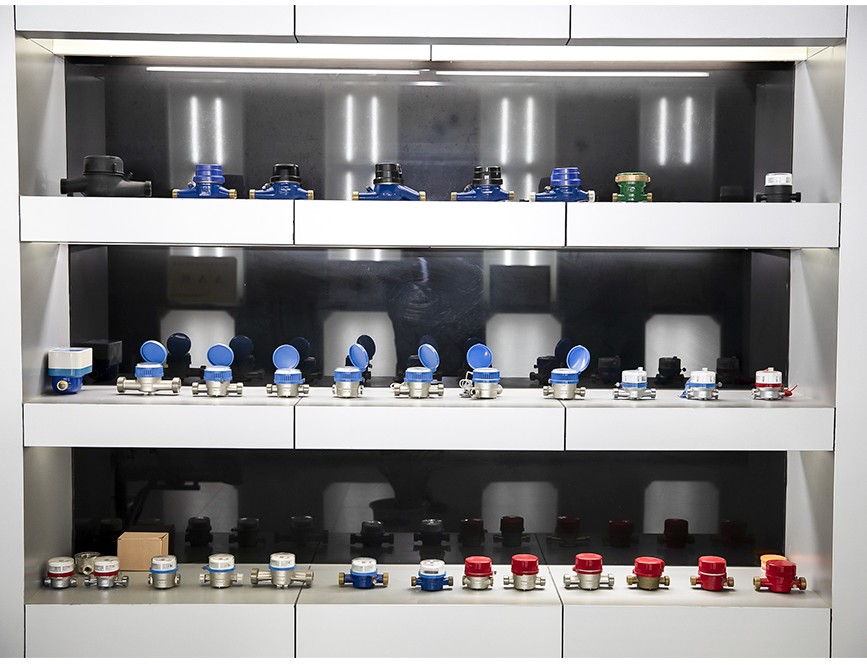ADD: No. 18, Weisan Road, Rongyu Village, Xinpu Town,Cixi City,China.
MOBILE: +86 135 6606 0510 (WhatsApp & Wechat )
TEL: +86 (0)574 6358 5625
FAX: +86 (0)574 6357 7818
MAIL: [email protected]
[email protected]
Heat meters hold significant importance in the realm of […]
Heat meters hold significant importance in the realm of sustainable energy management, particularly within heating systems and energy efficiency. These devices play a crucial role in promoting responsible energy consumption and fostering sustainability in energy usage.
One of the primary benefits of heat meters lies in their ability to enhance energy efficiency and conservation. By accurately measuring the quantity of heat energy utilized in a building or facility, heat meters enable users to optimize their heating systems and identify opportunities for energy conservation. Understanding heat consumption patterns empowers users to make informed adjustments, thereby reducing energy waste.
Furthermore, heat meters ensure accurate and transparent billing based on actual heat consumption, promoting fairness and accountability. Individuals and businesses are encouraged to utilize energy responsibly when they can see the direct impact of their energy-saving efforts on their heating costs.
The provision of clear feedback on energy consumption through heat metering encourages and incentivizes energy-saving efforts. This, in turn, promotes the adoption of energy-efficient practices, such as improved insulation, temperature adjustments, and investments in energy-saving heating systems.
Another essential aspect of heat meters is their role in anomaly detection within heating systems. By identifying discrepancies between expected and actual heat consumption, these devices help in detecting anomalies like leaks or malfunctions. Timely identification allows for prompt maintenance or repairs, reducing energy wastage and preventing potential damage to the heating infrastructure.
In the context of the growing emphasis on renewable energy sources, heat meters play a vital role in optimizing the integration of renewable heat sources, such as solar thermal, geothermal, or biomass systems. They provide valuable data to assess the performance and efficiency of these sustainable energy technologies.
Moreover, heat meters contribute to informed policy and decision-making by providing crucial data for analyzing energy consumption trends. This analytical insight informs the development of policies and initiatives aimed at enhancing sustainable energy management on a regional, national, and global scale.
A significant aspiration in sustainable energy management is the reduction of greenhouse gas emissions. Heat meters significantly contribute to this goal by promoting energy efficiency and optimizing heating systems, resulting in a substantial reduction of greenhouse gas emissions associated with energy production and consumption.
In conclusion, heat meters are indispensable tools that contribute to sustainable energy management by promoting energy efficiency, fair billing, incentivized energy savings, seamless integration of renewable energy sources, informed policy decisions, and a substantial reduction in greenhouse gas emissions. Their multifaceted contribution is vital for steering the world towards a sustainable and eco-conscious energy future.
